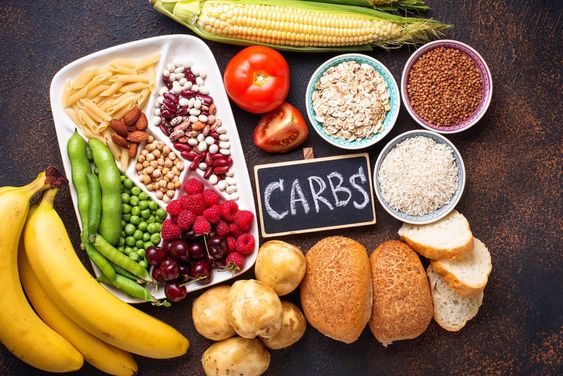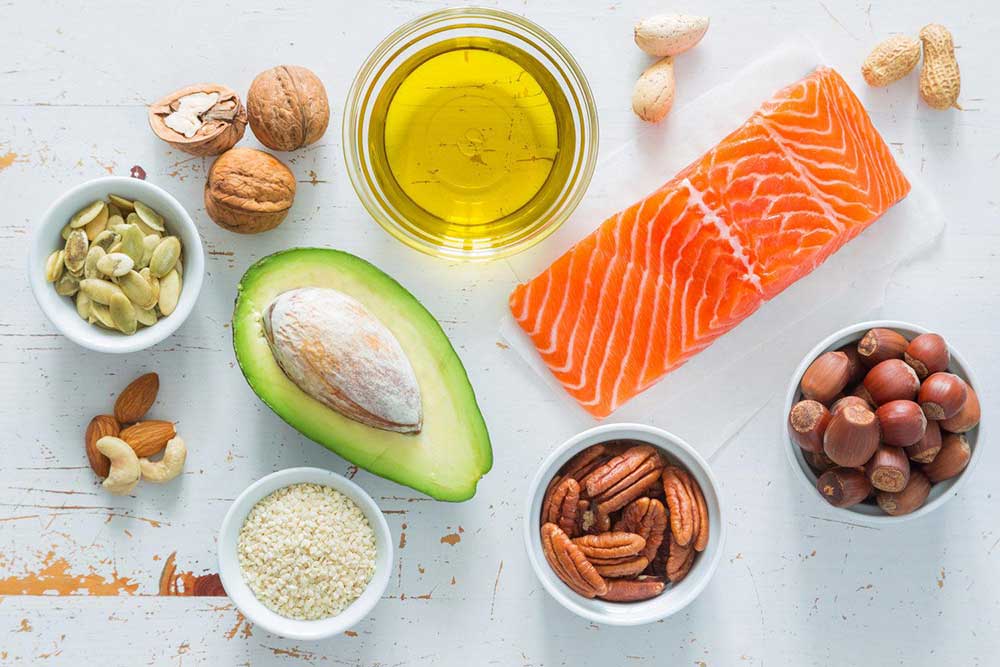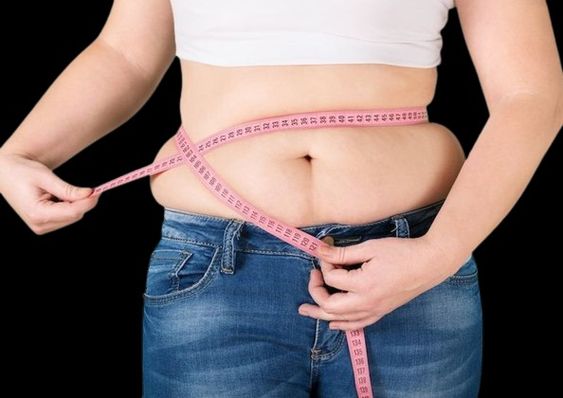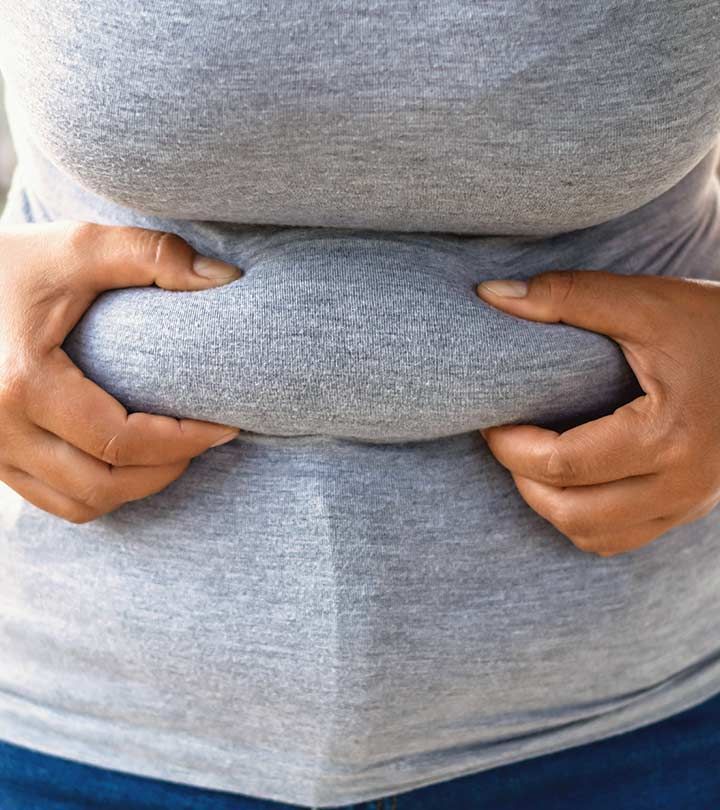Does eating fat makes you fat?
When it comes to losing fat, there’s no shortage of diet advice. However, not all of it is grounded in fact. Misconceptions about nutrition can hinder your progress and make fat loss more difficult than it needs to be. Let’s debunk five common nutrition myths related to fat loss.
1. Myth: Eating Less Is Always Better
Many people believe that drastically cutting calories is the quickest way to lose fat. While a calorie deficit is necessary for fat loss, extreme calorie restriction can backfire. Severely reducing your intake can slow down your metabolism, cause muscle loss, and lead to fatigue, making it harder to maintain a healthy weight in the long term.
Fact: A moderate calorie deficit is more sustainable and effective for fat loss. Focus on eating nutrient-dense foods to support your energy and metabolism.
2. Myth: Carbs Are the Enemy
Carbohydrates have gotten a bad reputation, with many people believing that cutting them out entirely is the key to losing fat. While it’s true that refined, sugary carbs should be limited, carbohydrates are a vital source of energy for your body, especially during exercise. Cutting out all carbs can lead to low energy levels and make it harder to stick to your fat loss goals.

Fact: Not all carbs are bad. Opt for complex carbs like whole grains, fruits, and vegetables, which provide energy and support fat loss when eaten in moderation.
3. Myth: Eating Fat Makes You Fat
For years, dietary fat was blamed for weight gain. Many people still think that avoiding all fats will help them lose weight. However, fat is an essential macronutrient that your body needs for hormone regulation, brain function, and the absorption of certain vitamins. The key is choosing healthy fats from sources like avocados, nuts, seeds, and olive oil.

Fact: Healthy fats are important for fat loss and overall health. Focus on quality, not quantity, and avoid trans fats and highly processed oils.
4. Myth: Skipping Meals Helps You Lose Weight
Skipping meals, especially breakfast, is often seen as an easy way to reduce calorie intake. However, skipping meals can lead to overeating later in the day and disrupt your metabolism. It can also cause blood sugar fluctuations, leading to cravings for unhealthy, high-calorie foods.

Fact: Regular, balanced meals help regulate hunger, energy levels, and metabolism. Eating consistently throughout the day can support better fat loss results.
5. Myth: Fat-Burning Supplements Are Key to Weight Loss
Fat-burning supplements are marketed as quick solutions to shed pounds without much effort. However, these products are often ineffective and can come with health risks. No supplement can replace the importance of a healthy diet and exercise when it comes to fat loss. Some may offer a temporary energy boost, but long-term success depends on lifestyle changes.

Fact: Fat loss comes from a balanced diet, consistent exercise, and sustainable habits—not supplements. Focus on real food and regular activity for lasting results.
Conclusion
Don’t let these common myths derail your fat loss progress. Sustainable fat loss comes from balanced nutrition, not quick fixes or extreme restrictions. By focusing on whole foods, maintaining a healthy calorie deficit, and avoiding diet fads, you can reach your goals in a healthy and effective way.



